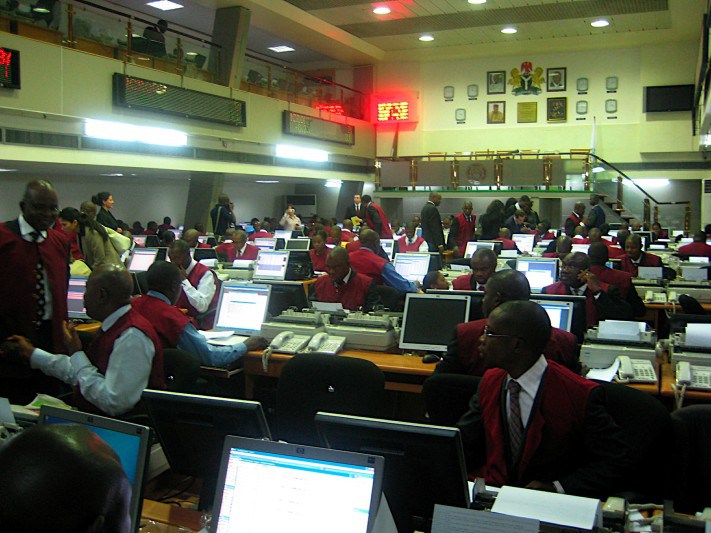Money market instruments will continue to account for large chunk of Foreign Portfolio Investment (FPI) inflow into the Nigerian capital market going into 2020, FSDH Merchant Bank, has said.
In its macro-economic review for 2019 and outlook for 2020, titled “Navigating through the Era of Slow Growth”, the company said that FPI would continue to drive investment inflows into Nigeria.
“FPIs are expected to continue to outperform Foreign Direct Investment (FDI) inflows in the short to medium term. FDI inflows depend largely on big pocket issues such as a stable policy environment, improved security, infrastructure, power supply, among other factors. FPI inflows will continue to target short term instruments,” FSDH said in the Report.
The Report revealed that FPI totalled US$14.4 billion in the first three quarters of 2019, representing the highest inflow since the recession in 2016 with money market instruments accounting for 80 percent of the FPI inflows.
Also, FDI inflows stood at US$666 billion from January to September 2019, representing 3.4 percent of total inflows.
It stated Nigeria’s FDI inflows in 2019 would remain below US$1 billion, far below that of peer countries.
Other investments have maintained an upward momentum in the last three quarters. It increased to US$4.6 billion in the first nine months of the year. Loans, according to the Report, accounted for 75 percent of other investments.
The Report, however, stated that “declining external reserve would limit the volume of foreign investment inflows into the country as investors would be wary about stability of rates and ease of exit.”
“The restriction of non-bank financial institutions in Open Market Operation (OMO) has led to a decline in yields of short-term government securities. Yields are expected to remain low for the most part of 2020. Change in OMO policy is forcing pension funds back into blue chips …we suspect pension funds are largely focused on high-yielding banks.
“More activity in the equities market is likely in 2020 as the T-bill yield collapse has forced a fresh look at equities. Looking at the real sector, from a demand perspective, the Central Bank of Nigeria (CBN) Consumer Expectation Survey for Q3 201 shows that overall buying intention index in the next twelve months stood at 36.2 index points.
“Low consumer demand in the short to medium term triggered by expectations of higher prices will have implication on future investment decisions in the real sector,” it said.









